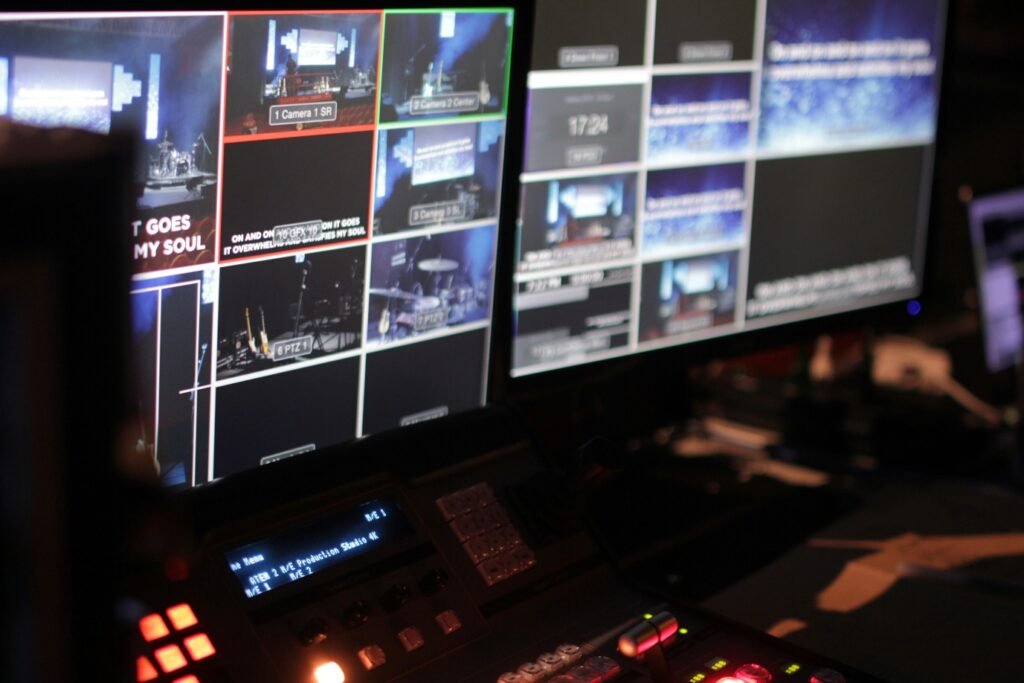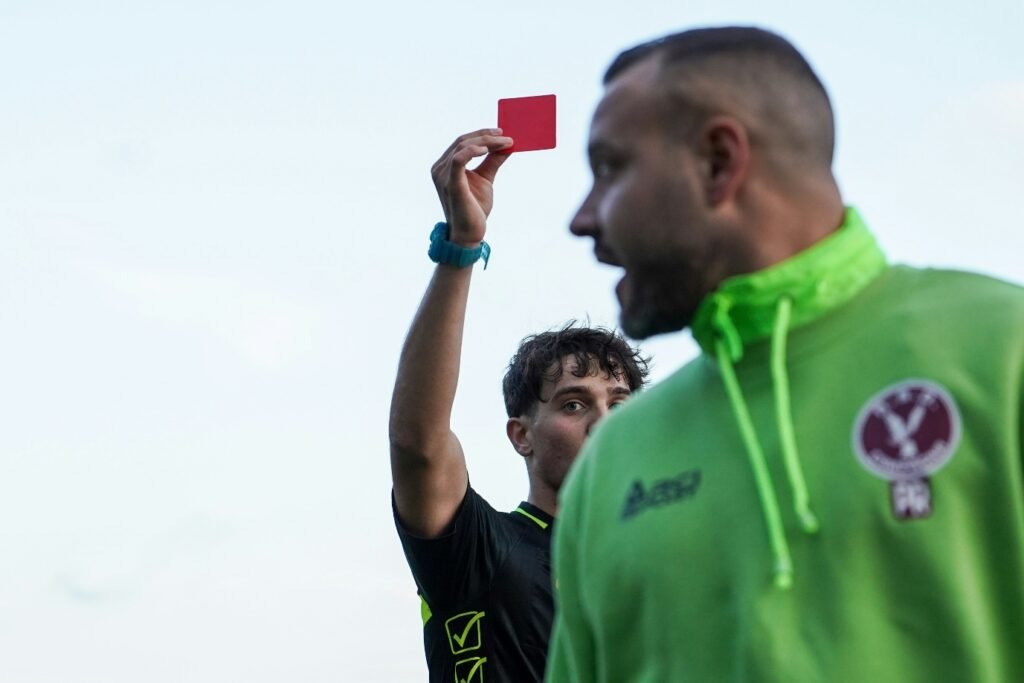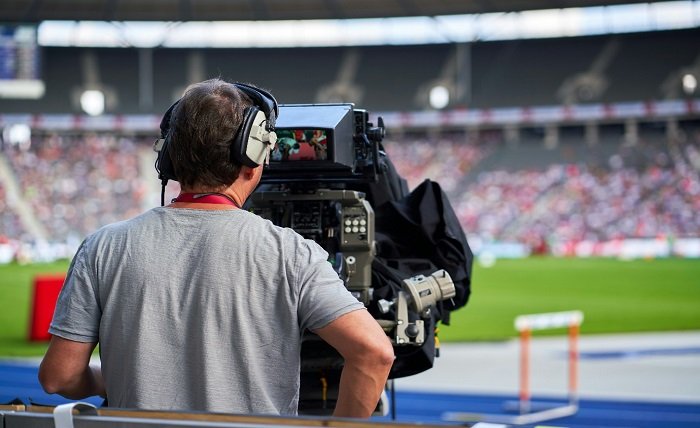Rarely does a breakthrough generate so much controversy in a sport that prides itself on being a tradition with so much gravitas in world culture. Association football is such a colossal element of this world that every new fundamental movement shakes the sport to the core, and billions of fans feel the impact.
This type of universal experience is, undoubtedly, fascinating in many different ways. Given that the IFAB laws of the game are an established reality of how we perceive the sport, it’s incredibly interesting and rare to see fundamental changes to the fabric of football.
Now that we have social media, we can also see the discourse that surrounds changes. Football fans, especially those who’ve grown up with something that feels like a more pure idea of the sport, are quite averse to the idea of their beloved game suffering fundamental changes.
VAR has been in the same pool of influence over discourse and perception, but the actual effect that it has had on the game is undeniable and, at times, outright dramatic. We even see football predictions today that account for potential VAR interventions. There have been countless points of influence that we’ve seen in the grand scheme of football, which require localized discussions that go in-depth.
Since its direct bearing on this industry is incredibly profound, we need to talk about VAR in sports betting. Given that gambling has become an integral element of how fans interact with the sport, such a fundamental change has shifted so many aspects that it needs a bit of analysis.
What is VAR, and why is it impactful in the dynamics of betting?
VAR, the abbreviated form of Video Assistant Referee, is a system of additional refereeing that association football uses to review key elements of the game. Since either the central or assistant referees on the pitch may miss or mislabel certain calls, due to poor angles or optical illusions, the VAR is a quality-control system that, in theory, ensures fair calls.

We know of all the refereeing scandals and misgivings that have happened throughout the history of this sport. With VAR and its implementation, the chances of such instances have decreased dramatically, given the double-checking system. It’s a bit more akin to the checks and balances principle. However, the final decision still depends on the sole deliberation of the head referee.
The concept has been in play for decades prior to its implementation, but the technology developed to an acceptable degree only in the 21st century. The first experiments began in the early 2010s, with the first live trials happening in international football in 2016 and 2017. Despite its somewhat sluggish pacing, it yielded good results in terms of clearing up potential mistakes.
Finally, the first official application came during the 2018 World Cup, with major leagues adopting it starting in 2019. It has been a staple of officiating games for over 5 years in the major competitions, with smaller leagues adopting the technology and bringing its usefulness.
In the context of betting, it’s very interesting to see that the idea of game tonality has taken a very sharp turn. Given how popular live/in-play betting has become, an initial decision can attract a large volume of knee-jerk wagers. However, a change in the final decision basically voids the validity of those bets, both from a technical and a relevance standpoint.
There is a small window of time in which the bets that enter the system are under the direct influence of an outcome that can change because of the VAR. As a result, there must be a system that is in place to mitigate the confusion of this outcome.
Suspension of odds and the waiting game
One of the most direct elements that we can identify in the arc of in-play odds that suffer from the effects of VAR decision-making is the suspension of odds. We have seen various circumstances in which there were reports of bookmakers outright struggling with VAR decisions because of the reasons mentioned above.
There needed to be a level of immediate systematic reaction to this. Since the technology of digital bookmaking required quick responses, there weren’t any elements in place to clarify things to a level that worked well. This is how controversies regarding valid bets and odds started to take shape.
Nowadays, there are plenty of measures that work well in this regard. We are seeing the implementation of a primary measure: the suspension of odds. The principle is quite simple when you think about it: there is an event that happens (card, goal, penalty, etc.), followed by the in-game notification that the event will be subject to VAR analysis.

As the system of VAR works, the technical team that oversees the events and checks them will notify the main referee and ask them to review the play. During this time, which is the waiting period that we are referencing with the title of this section, the bookmaker suspends the ability to bet on any odds.
During this period, the oddsmaker calculates potential odds based on theoretical outcomes. They unlock the wagering process with those established odds once everything is clear enough.
How the system of voided bets keeps things fair
There is another element that used to be more popular as far as wide implementation goes: voiding bets. This is the type of scenario that looks at the fairness of certain stakes that bettors place with an idea that may or may not be relevant. For example, placing bets right when the odds would change because of an awarded penalty or scored goal would mean the idea of betting on an outcome that feels closer to certainty.
However, the intervention of VAR would basically mean that the scenario affected by an annulled decision would become outdated by the metrics of that game and its new change in pace.
There are also cases when someone is unlucky enough to bet within the short interval during which they have the idea of a score, only for the VAR verification procedure to commence and change the rhythm completely. If bets fall within what the bookmaker considers to be VAR-affected bets, it may void them in order to make things clear for everyone involved.
Conclusion
VAR is certainly a monkey wrench that the governing bodies of football have thrown into the dynamics of the game. However, the clarity that it provides in terms of decision-making fairness will always be valuable for a better understanding of what actually happened. If you are betting on games that will likely feel the effects of VAR, don’t forget to bet responsibly!
